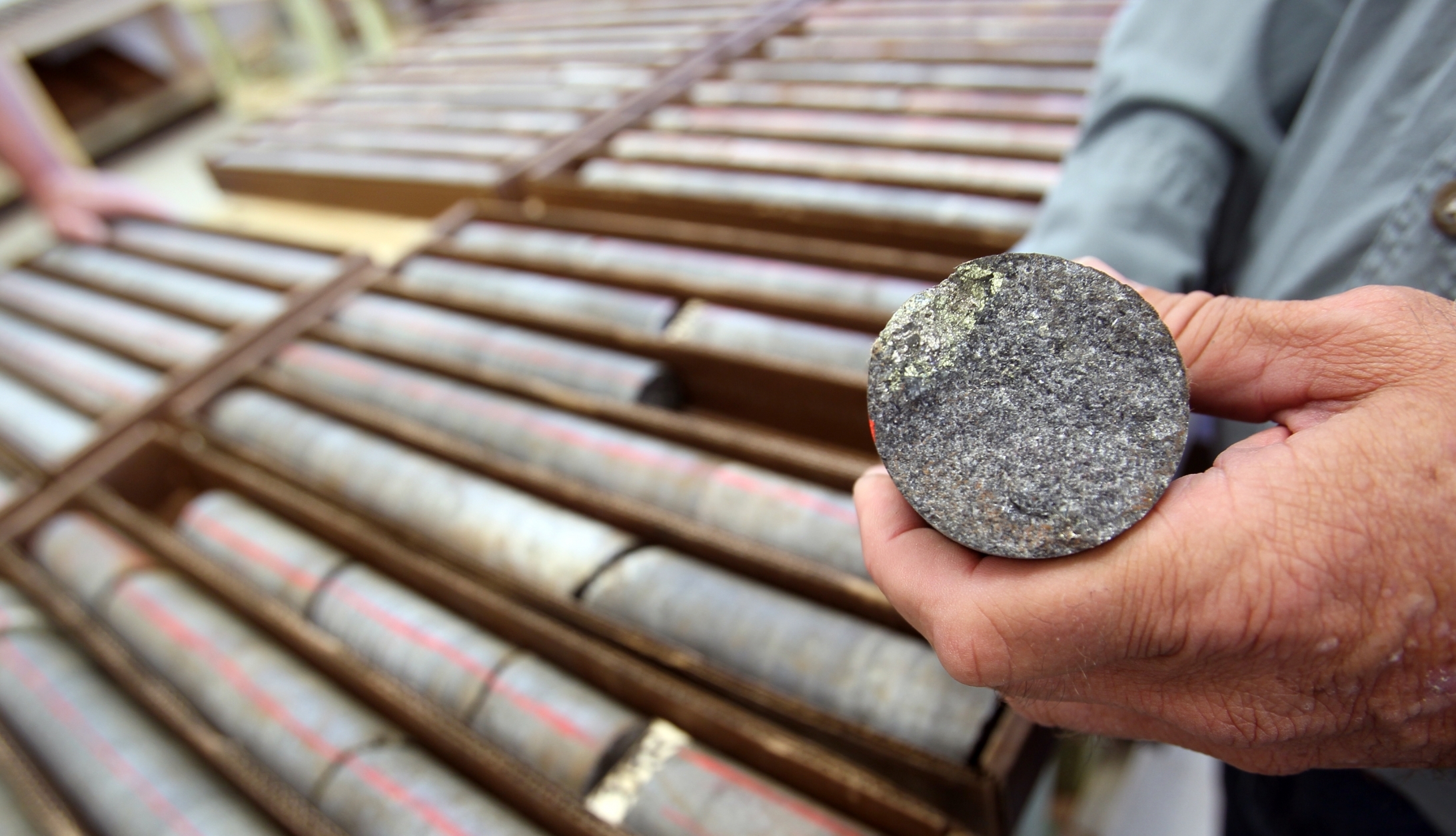“This politically motivated decision, coming in the final days of the administration of President Barack Obama, is inconsistent with current national policy. It could result in devastating and irreversible damage to the citizens, communities and economy of the region. All a withdrawal would do is chase investment away from Minnesota and make the U.S. more dependent on foreign governments for the metals we use every day.”

The issue
At issue is a proposed 20-year withdrawal of federal minerals across 234,328 acres in the Superior National Forest within the Rainy River watershed. That means, potentially, no mining there and, more-specifically, no Twin Metals project near Ely.
Commentary by Frank Ongaro
Our region is blessed with an abundance of base and precious metals. Our more than 4-billion-ton deposit of copper, nickel, and platinum-group metals is one of the largest in the world and holds a significant percentage of our U.S. resources for these metals.
Unfortunately, our ability to develop these metals and the thousands of great-paying jobs they would create is jeopardized by the recent U.S. Forest Service and U.S. Bureau of Land Management proposal to withdraw federal land and minerals in Northeastern Minnesota from future leasing, exploration and potential development.
This politically motivated decision, coming in the final days of the administration of President Barack Obama, is inconsistent with current national policy. It could result in devastating and irreversible damage to the citizens, communities and economy of the region. All a withdrawal would do is chase investment away from Minnesota and make the U.S. more dependent on foreign governments for the metals we use every day.
Interestingly, the targeted federal lands are in an area of historic mining activity where mining currently is allowed and encouraged by federal and state law. In fact, many exploration plans of operation, submitted by several companies in the proposed withdrawal boundaries, have been approved by the Forest Service and Bureau of Land Management in the last 10 years. Now, the same agencies want to stop all leasing and exploration in these same areas? Amazing.
If enacted, the withdrawal proposal would cause the state to lose thousands of potential jobs from future mining projects, billions of dollars in future investment in Northeastern Minnesota, and billions of dollars of potential revenue to support the state’s K-12 education system.
The withdrawal is completely unnecessary. Environmental safeguards are already in place. A thorough and comprehensive environmental-review process already is established under the National Environmental Policy Act. It is the responsibility of the federal agencies to accept proposed mineral development projects and subject them to the science-based review under the act.
The proposed withdrawal is not based on science or any specific project. It will not make a project better, and it will not improve the environment. The unproven concerns raised by Bureau of Land Management and the Forest Service are based only on hypothetical and unfounded fears of generalized impacts from mining.
The withdrawal area also includes 140,000 acres of state-owned minerals. Of which, 95,000 acres are state school trust fund minerals. According to the Minnesota Department of Natural Resources, potential projects could generate nearly $3 billion in royalty revenue for the state’s Permanent School Trust Fund. This would support the education of nearly 900,000 K-12 students statewide. A significant amount of this enormous economic opportunity and education responsibility would be lost under this anti-mining withdrawal proposal.
Mining already provides thousands of jobs for hard-working Minnesotans. An independent economic analysis by the University of Minnesota Duluth estimated that more than 12,000 construction-related jobs and 5,000 long-term, mining-related jobs would be created if all projects under various stages of development in the region advanced to operation.
Federal agencies continue to ignore the voices of those most affected by this drastic proposal. Fortunately, many area leaders are speaking up in opposition. The withdrawal is strongly opposed by the entire Minnesota Iron Range legislative delegation and over 50 additional Minnesota state legislators, the vast majority of local elected officials throughout the region, and U.S. Rep. Rick Nolan, who has led the fight to reverse the federal action.
The Forest Service and Bureau of Land Management immediately should reverse their decision to pursue mineral withdrawal in Northeastern Minnesota and stop this effort that promises devastating and widespread impacts on the livelihoods of families all across our state.
Frank Ongaro of Duluth is executive director of Mining Minnesota, an advocacy group for the copper-mining industry.

Free Range Report



